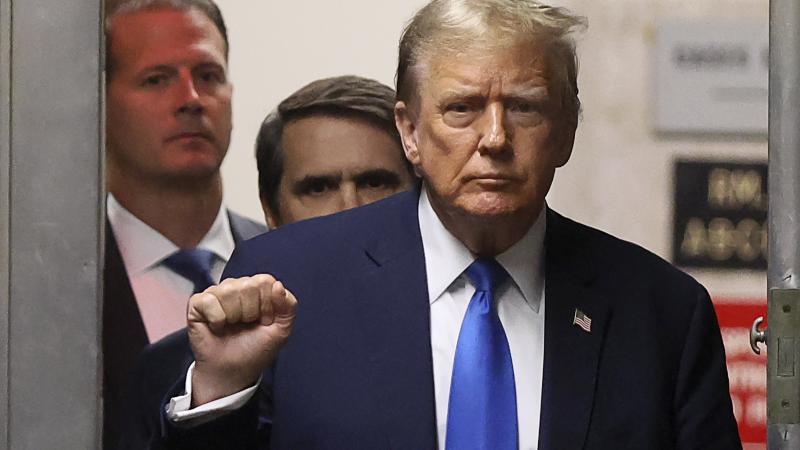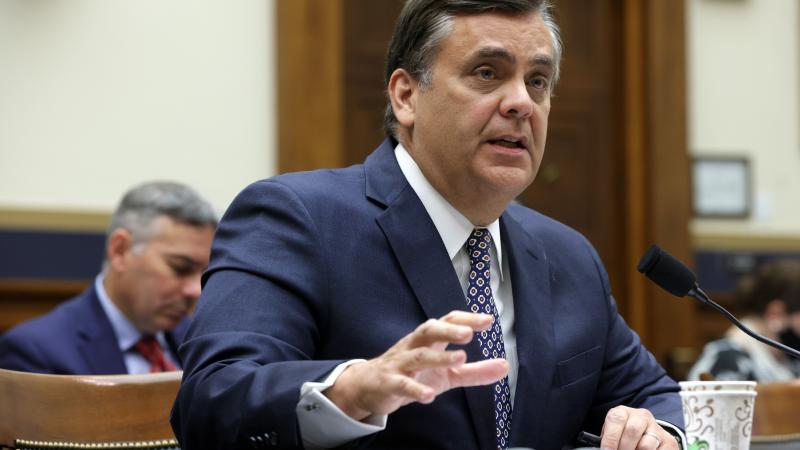Taiwan business pleads guilty to trade secret theft in case connected to Chinese state-owned company
The Taiwan company will have to pay a $60 million fine.
A Taiwan business that pleaded guilty to criminal trade-secret theft has been slapped with a whopping $60 million fine, the second most substantial fine ever levied in such a prosecution according to the U.S. Department of Justice.
The organization—United Microelectronics Corporation, Inc. (UMC)—has consented to cooperate as the U.S. government targets co-defendant Fujian Jinhua Integrated Circuit Co., Ltd, a Chinese state-owned entity, with investigation and prosecution.
In 2018 those two businesses and three people were indicted "for conspiracy to steal, convey, and possess stolen trade secrets of an American semiconductor company (Micron Technology, Inc. (Micron)) for the benefit of a state-owned enterprise of the PRC [People's Republic of China] (Fujian Jinhua)," according to the DOJ's press release.
UMC pleaded guilty to the aforementioned charge, and additional charges as well as a parallel civil suit targeting the company will get dismissed, according to the DOJ. But prosecution targeting the Chinese state-owned company and the three individuals will proceed.
"According to the facts admitted in connection with the guilty plea, UMC hired the three individual defendants—Chen Zhengkun, a.k.a. Stephen Chen; He Jianting, a.k.a. J.T. Ho; and Wang Yungming, a.k.a. Kenny Wang—from Micron’s Taiwan subsidiary," the press release explains.
"Chen hired Ho and Wang to join the DRAM development team, and Ho and Wang brought Micron’s confidential information to UMC from Micron’s Taiwan subsidiary. After UMC’s Information Technology Department found Micron’s intellectual property on Ho’s UMC computer, Chen approved the issuance of two 'off network' laptop computers that allowed UMC employees to access Micron confidential information without further detection by UMC’s IT department. In particular, Wang used one file containing Micron’s trade secrets to adjust UMC’s design rules for the memory in question," the DOJ said.















